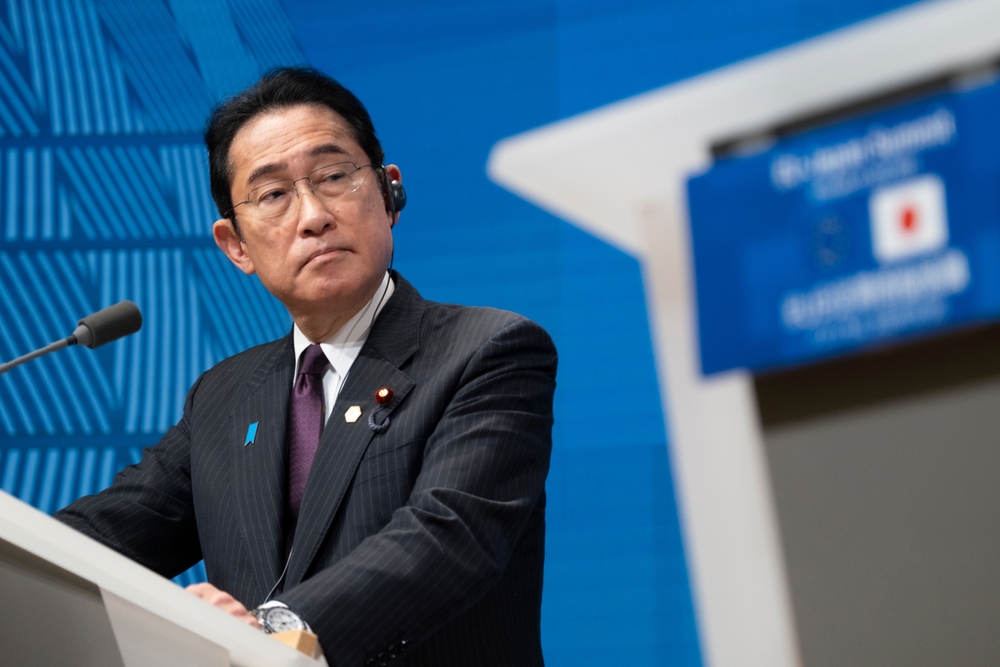In a bold move that has Tokyo reeling, Russia stages unexpected military exercises in the Sea of Japan, escalating tensions and sending a clear message to its neighbor.
Others are reading now
Russia took the Sea of Japan by storm, conducting unexpected training exercises that not only caught Tokyo off guard but also intensified the already strained relations between the two countries.
This maneuver comes at a time when diplomatic engagements between Moscow and Tokyo are at a historic low, with territorial disputes over the Kuril Islands further souring the mood.
A Relationship on Thin Ice
Relations between Russia and Japan have not been this tense since the dissolution of the Soviet Union.
Also read
Diplomatic cooperation has all but ceased, and the ongoing territorial dispute over the Kuril Islands remains a thorny issue.
According to Chinese journalists, the situation has been exacerbated by Japanese Prime Minister Fumio Kishida’s actions, which are seen as provocations by Moscow.
The Chinese publication, Sohu, sheds light on this deteriorating relationship, noting that Russia has lost all hope of signing a peace treaty with Japan. This is reported by AB News.
Diplomatic Efforts Turned Sour
The Russian Ambassador to Japan, Nikolai Nozdrev, pointed out that under Kishida’s leadership, the bilateral relations have been set back by decades, reaching a point of no return.
Despite initial gestures of goodwill, Kishida’s subsequent actions, including the expansion of sanctions against Russia, have sparked outrage in both Moscow and Beijing.
China views Japan’s behavior as a lack of sincerity in reconciling with Russia, suggesting a deep-seated reluctance to truly mend ties.
A Show of Force
In what can only be described as a direct response to Tokyo’s provocations, Russia deployed a squadron of ships from its Pacific Fleet to the Sea of Japan, where they conducted live-fire exercises.
The corvettes “Gromky” and “Sovershenny” demonstrated combat maneuvers against surface ships of a hypothetical enemy, striking targets that simulated enemy artillery positions and defensive fire points.
This display of military might was interpreted by Sohu observers as a stark warning to Japan: the targets of today’s exercises could become real if tensions escalate further.


